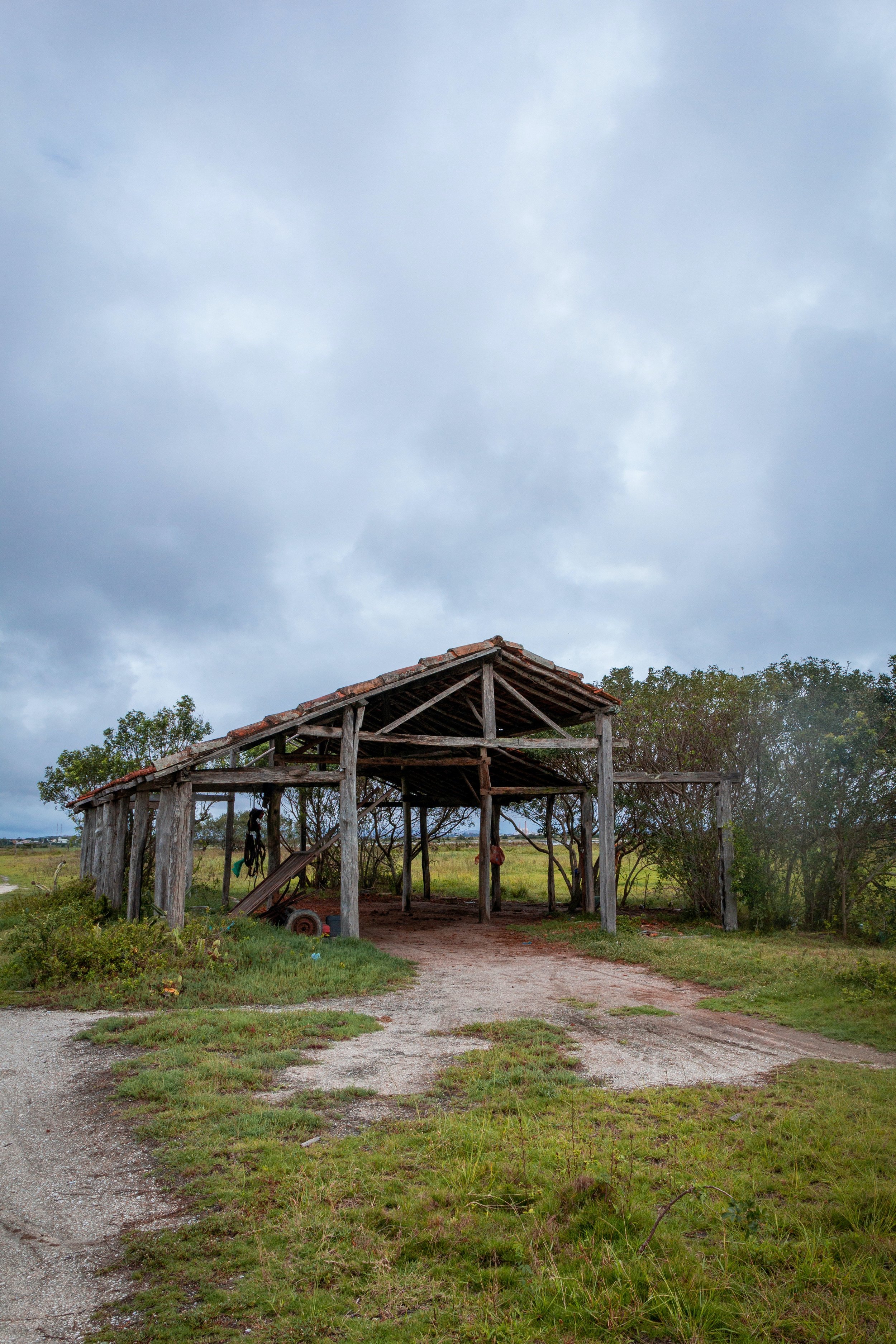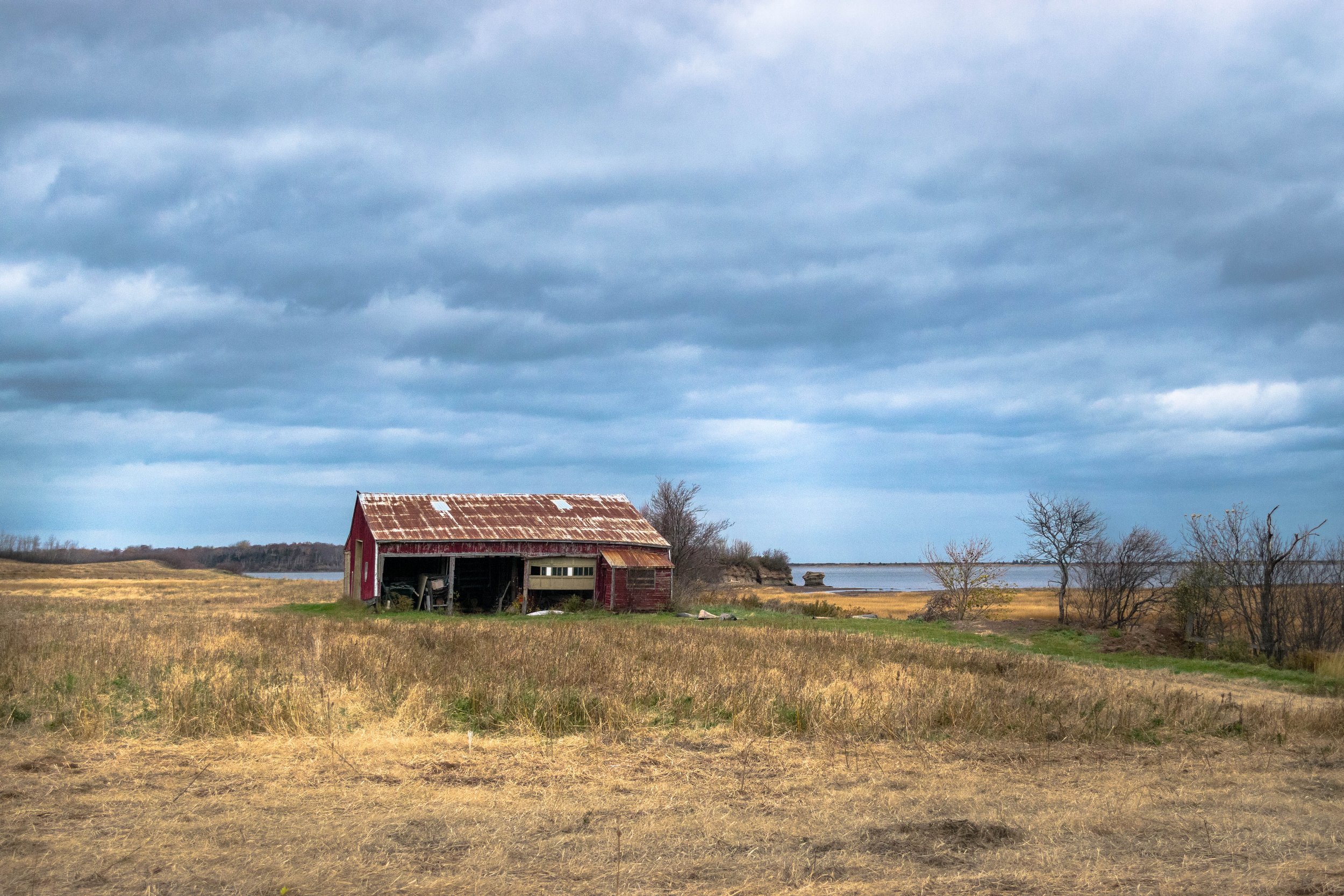Close to home: How buying a home makes us feel.
‘Give me a home among the gumtrees, with lots of plum trees...’
I have distinct memories of singing this song with my class during primary school, producing an off-key warble that nobody but our parents could love. At the time, it wasn’t a question that my peers and myself would one day also have a sheep or two, a kangaroo, a clothesline out the back. Of course, John Williamson neglected to add crippling debt and emotional turmoil to his dreamy list, but perhaps he couldn’t fit it in.
The Australian Housing market has become a spectator sport: stories of its rise and ‘fall’ litter the news cycle. Journalist Joanne Fong wrote an insightful article about the why and how behind the housing crisis here. But, my interest is in the emotional cost of all this. There is significant discourse about how to cope when the home of your dreams is snapped up by yet another investor, and how to avoid making emotional decisions when you need to be making good financial ones.
While researching, I came upon piles of articles written by mortgage brokers or property consultants attempting to explain the emotion that gets sunk into the homebuying process. They explained the homebuying process as stressful because we associate homes with warmth, comfort, and the promise of family. A lovely idea, one far removed from the cold reality of the Australian property market. Until very recently, homebuying was seen as the only ‘guaranteed’ way to build wealth. Perhaps notions of warmth and comfort do play into it, but prowling on reddit forums and Facebook groups, prospective buyers firmly believe in the connection between owning a home, and permanent financial security. A 2021 survey showed 77 per cent of homebuyers believed owning any sort of property mattered more than any notions of dream homes.
It’s the great Australian monopoly game, albeit we play with our older siblings who got to the board first, and have been cheating ever since. The clawing desperation of trying to buy in a market that, even with headlines twittering about a ‘plummet,’ or ‘free-fall,’ boasts an average house price of $921,500, higher still in Victoria and New South Wales. And yet, the idea that homes still equal financial security is a powerful and pervasive one, and the catchcry ‘asset rich, cash poor,’ has become the mantra for those who have just sunk almost a million dollars that they have to somehow repay into an overpriced hellhole.
Naturally, we talk about the stress. The stress involved with trying to find a home in a market that is stacked against first home buyers, with rising interest rates, rental costs, and construction companies liquidating like they’ve all been jammed into a Nutribullet. On the numerous forums where homebuyers assemble to cry, commiserate, and occasionally celebrate, they share stories with a swagger comparable to warriors sharing battlescars. The question of mum and dad, of being priced out of suburbs one by one. Attending auctions and being beaten by investors, fighting the animal urge to shove the auctioneer out of the way and commit grievous bodily harm all in the name of a two-bedroom, one bathroom flat with some natural light.
But, what about those who are successful?
I began seeing patterns in the forums. People who spoke about sitting on the grubby linoleum floor of their new home, and just bursting into tears. Some talked about feelings of resentment, regret, even hatred, particularly as the inevitable niggles emerged. Light switches in odd places, perhaps a leaky roof. In short, they were experiencing buyers’ remorse, but on a grand scale. When a purchase doesn’t live up to the expectations , then anxiety, depression, and regret hit. A study of successful homebuyers in the US in 2022 found 75% of buyers had regrets about their new home, including problems with home size and location—difficult things to change.
And that was before the fourth of May, 2022, when Philip Lowe, chairman of the Reserve Bank of Australia got on a podium, and announced a 0.25% increase to interest rates, the first in over a year. Since that May announcement, the cash rate has risen a total of 2.3%. Aside from showing the cracks in that ‘asset rich, cash poor’ mantra mentioned earlier, escalating repayments are no doubt increasing those emotions, recession looming large like a Scooby Doo villain.
The housing market is a difficult beast. But, beyond the headlines of young investors and old, we need to be having conversations about what this tumultuous process does to us, whether successful, or not.
Clearly, we’re all in need of that old rocking chair.
WORDS: AVA GOVANSTONE
PHOTOGRAPHY: PEXELS
PHOTOGRAPHY: PEXELS






